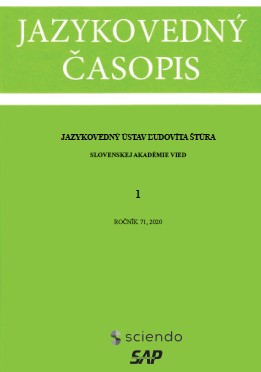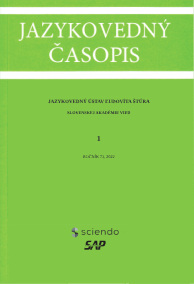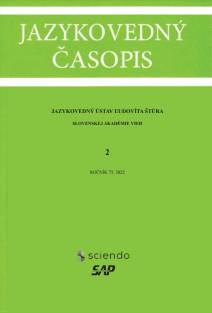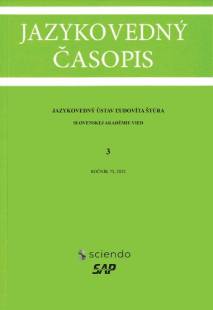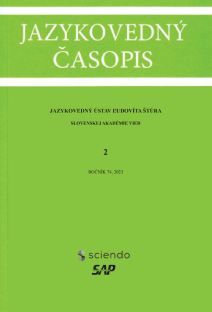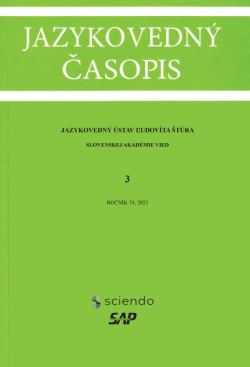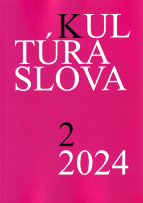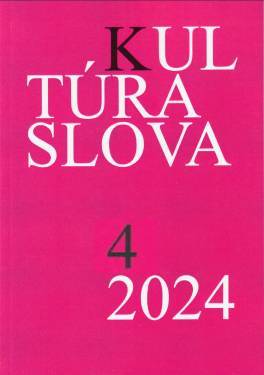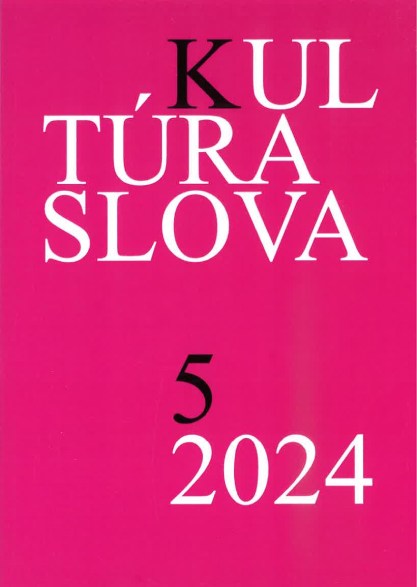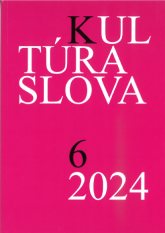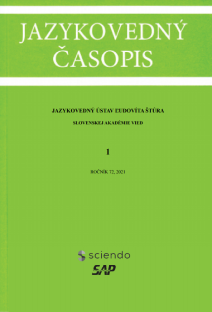
Věda mnoha jmen: onomastické termíny v publicistice Českého národního korpusu
The contribution focuses on the use and collocation analysis of basic notions linked to the field of onomastics, including those that are specialized (e.g., "proprium", "anthroponym", "toponym", "chrematonym", etc.) and the ones that are commonly used (e.g., "proper name/naming"). In the latter case, attention will be paid to whether these terms are connected to onomastic contexts. In general, the research analyses sources where the lemmata are used, including their typical surroundings. The goal of the paper is to show how the public perceives onomastics, whether it is familiar with its key terms. The analysis is based on the data of the Czech National Corpus, version 8, opinion-journalism texts.
More...
